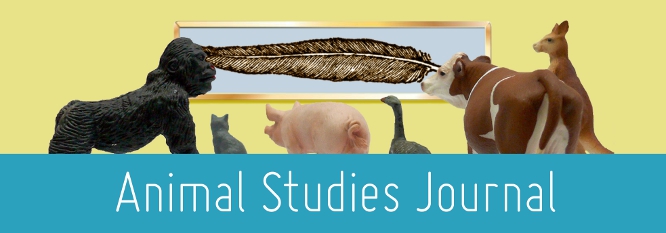Home > assh > ASJ > Vol. 6 (2017) > No. 2

Abstract
In its truest form, the modern captive wildlife sanctuary offers a lifelong home in a more natural environment for wild animals living in captivity. Tigers, lions, elephants, bears, chimpanzees and other animals are provided relative freedom and autonomy after years spent in zoos, circuses, laboratories, or private menageries. These sanctuaries provide specialized habitats in which wild animals can express more species-specific behaviors and experience a higher quality of life. Though they share some practical issues of caretaking with other forms of captivity – as well as many ethical problems – important distinctions separate them. Research suggests that public attitudes are moving toward a more compassionate and caring view of wild animals, which may be causing more people to gravitate toward captive wildlife sanctuaries and their rescue mission. Consequently, true sanctuaries run the risk of becoming a way for people to normalize and feel better about captivity, rather than acknowledge its inherent limitations for wild animals. True sanctuaries must lead the public to question the connection between their own relationships with wild animals and the role that plays in perpetuating their captivity, with the goal of ending the systems of abuse and exploitation that have created the need for captive wildlife sanctuaries to exist.
Recommended Citation
Doyle, Catherine, Captive Wildlife Sanctuaries: Definition, Ethical Considerations and Public Perception, Animal Studies Journal, 6(2), 2017, 55-85.Available at:https://ro.uow.edu.au/asj/vol6/iss2/5
Included in
Art and Design Commons, Australian Studies Commons, Creative Writing Commons, Digital Humanities Commons, Education Commons, Feminist, Gender, and Sexuality Studies Commons, Film and Media Studies Commons, Fine Arts Commons, Philosophy Commons, Social and Behavioral Sciences Commons, Theatre and Performance Studies Commons

